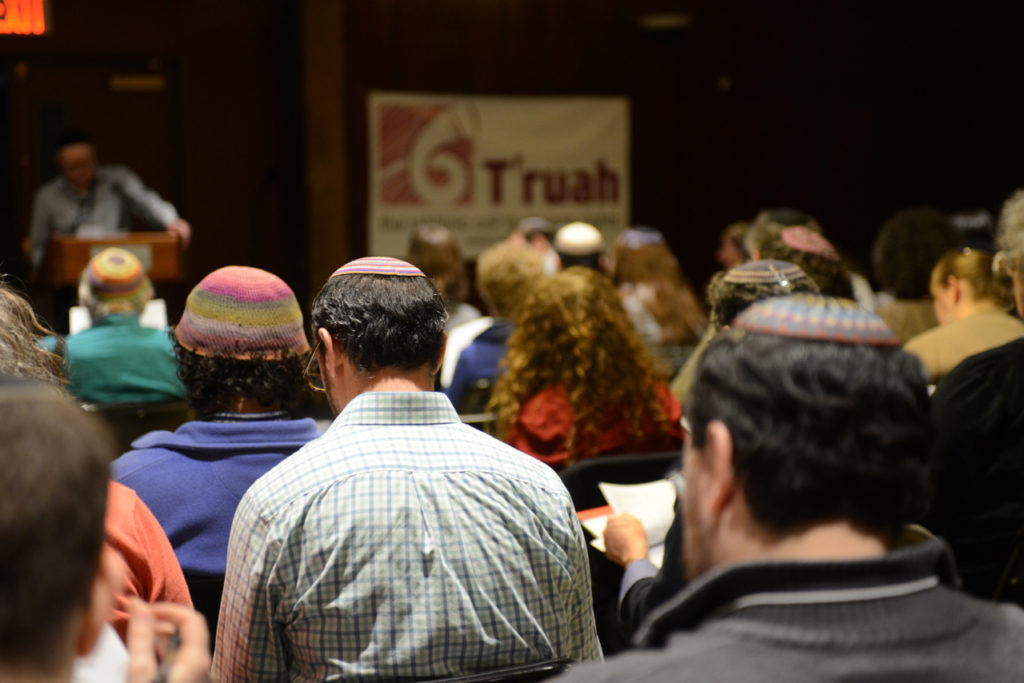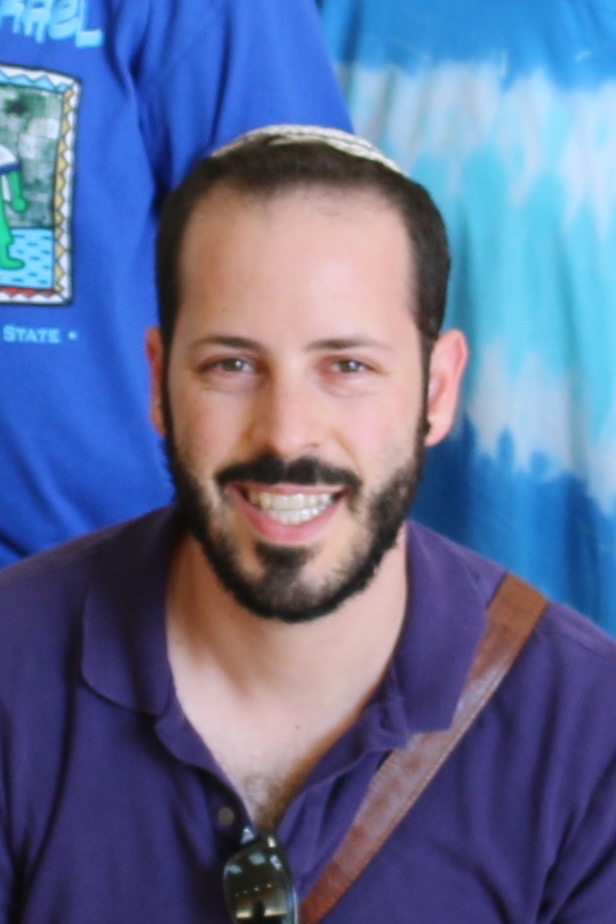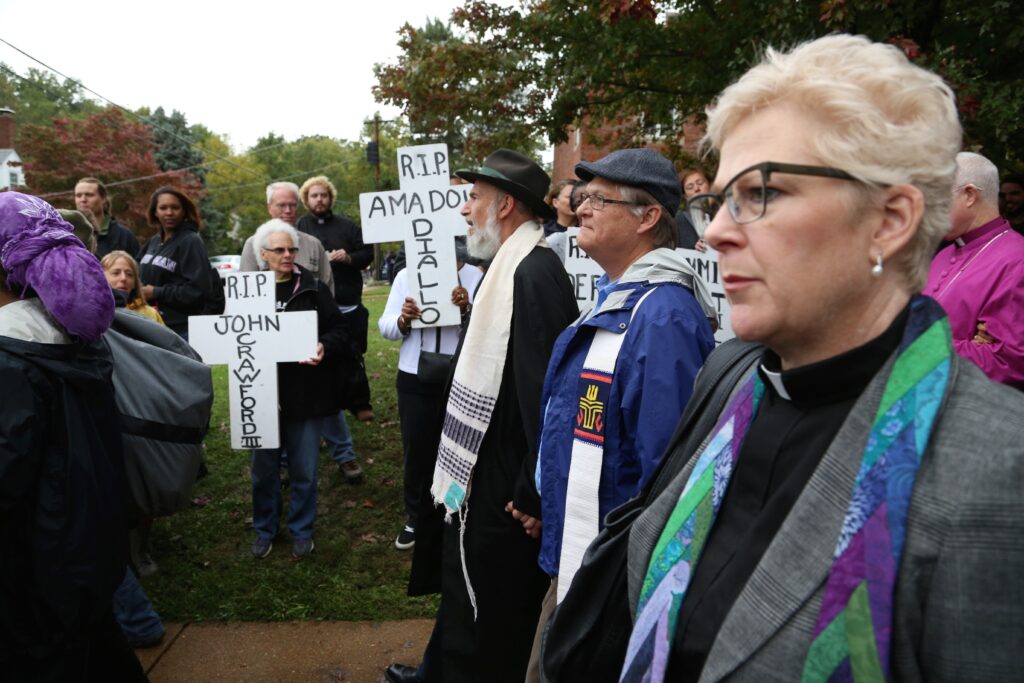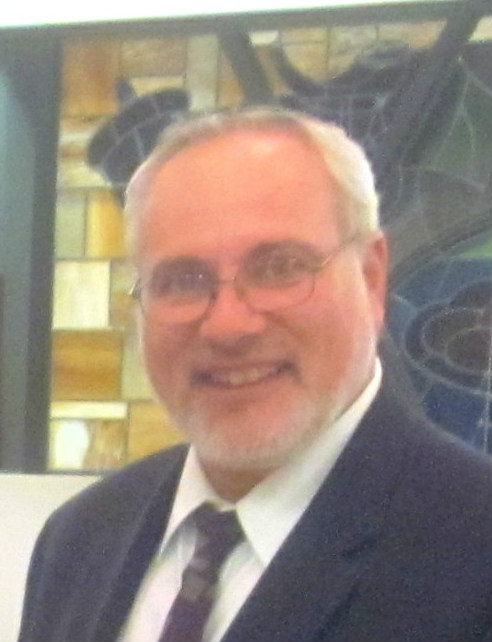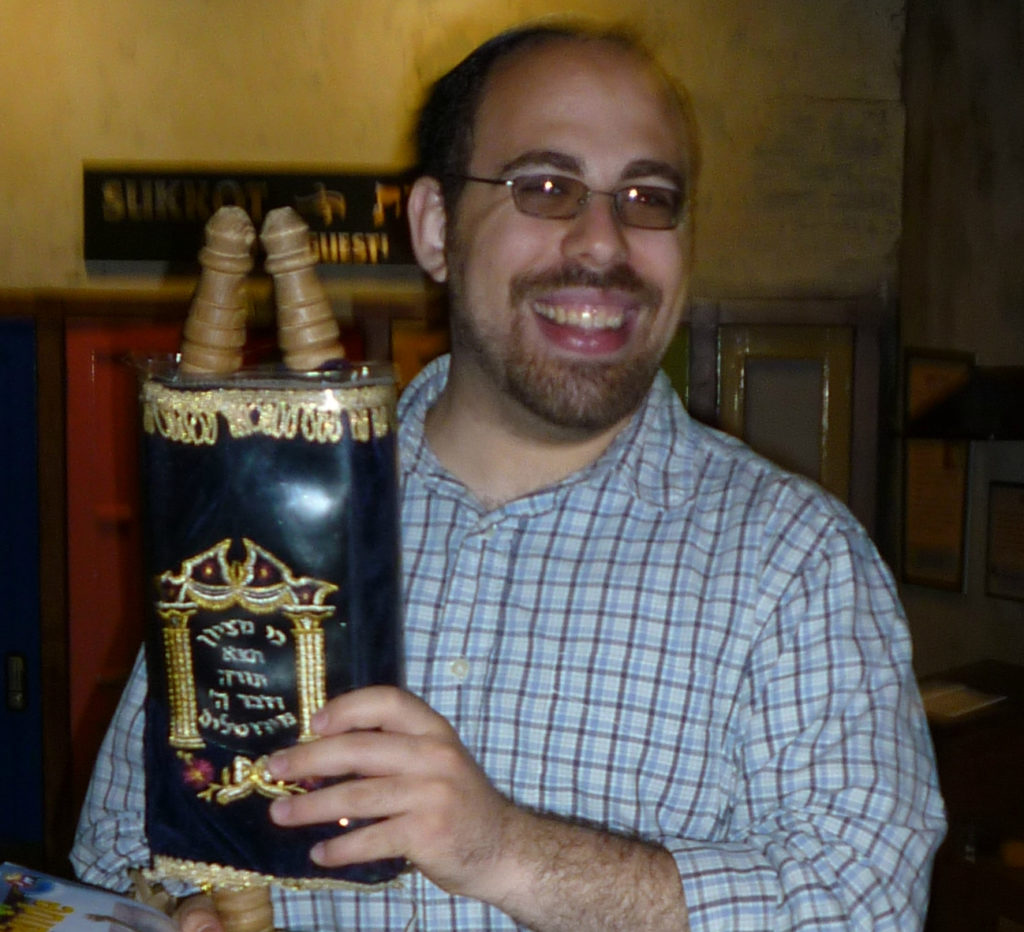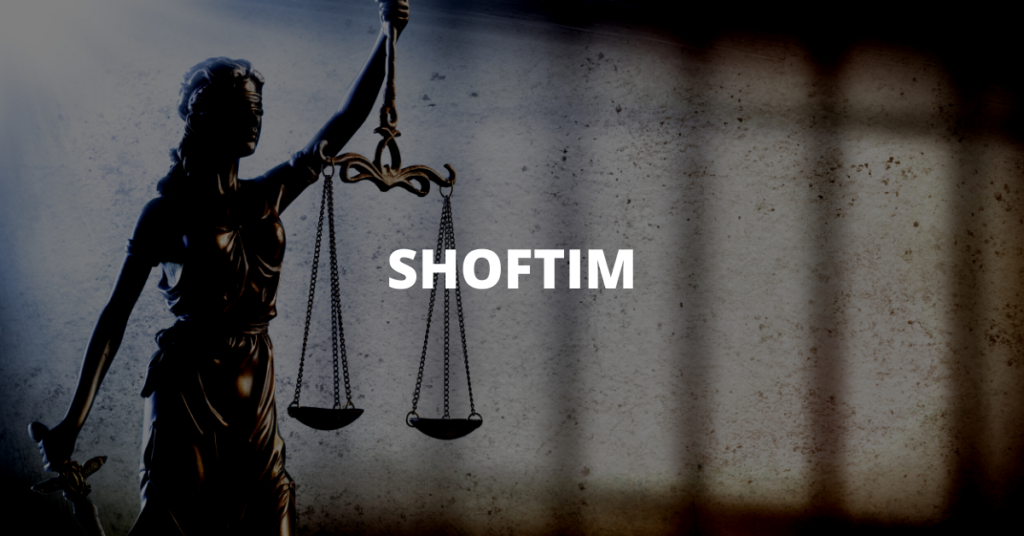
Doing Justice Justly
When our methods are just, our system doesn’t grant privileges to the powerful and strip protections from the vulnerable. As the Torah formulates it this week, “You shall not judge unfairly: you shall show no partiality; you shall not take bribes.” The justice system ought to represent all equally...
read more

